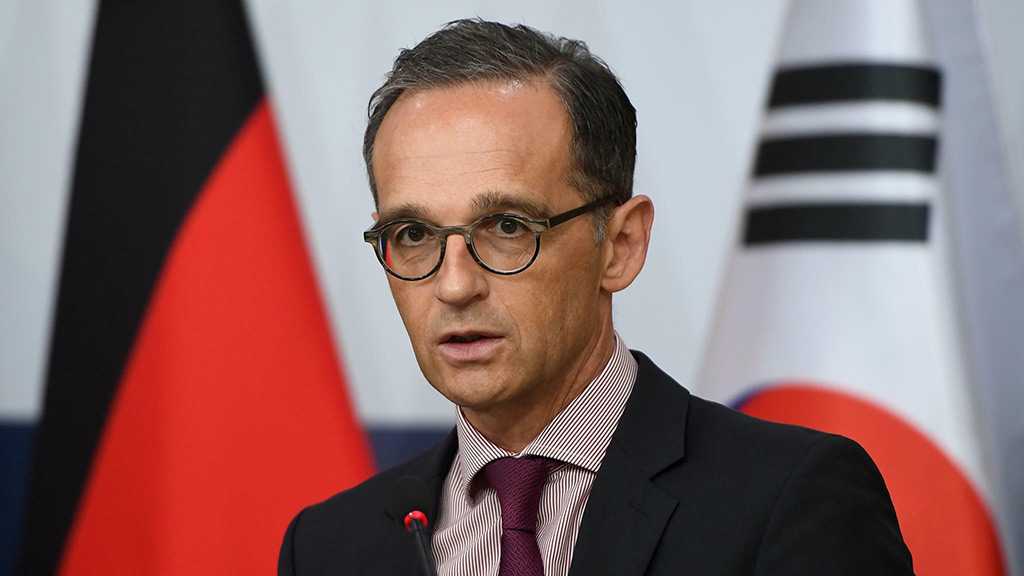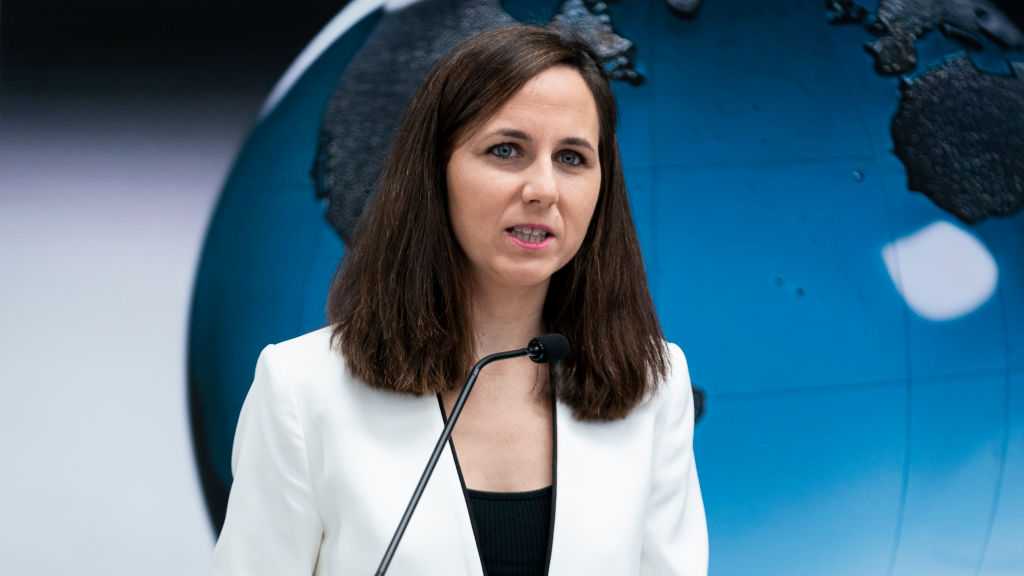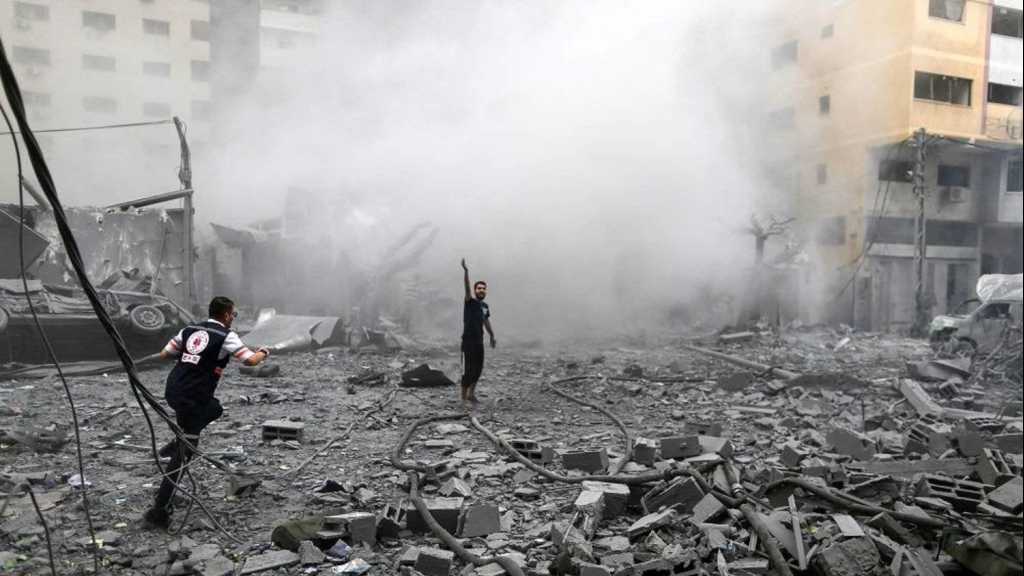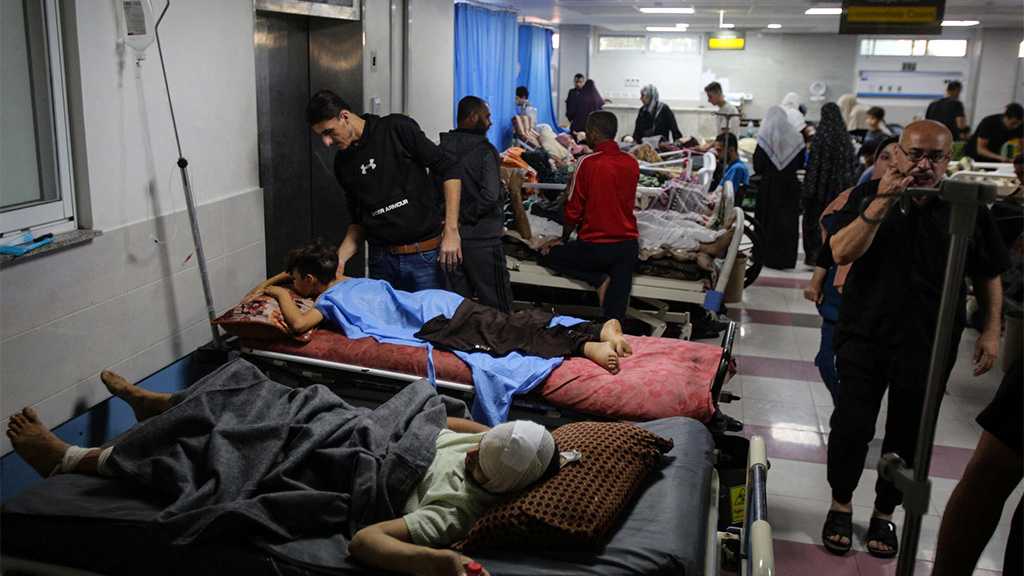
Heiko Maas: Trump Ousted by Democrat President Won’t Resolve German-US Tensions

By Staff, Agencies
German Foreign Minister Heiko Maas has said that the currently strained relations between Berlin and Washington cannot be resolved by US President Donald Trump failing to win re-election in November 2020.
“Everyone who thinks everything in the trans-Atlantic partnership will be as it once was with a Democratic president underestimates the structural changes”, said Maas in an interview with the German press agency DPA, published on 28 June.
Despite the fact that German-US relations have sunk to new lows over contentious issues such as defense spending and the Nord Stream 2 pipeline since Trump began to head the US administration, it would be short-sighted to expect that they might be boosted by his leaving office.
“The trans-Atlantic relations are extraordinarily important, they remain important, and we are working to ensure they have a future… But with the way they are now, they are no longer fulfilling the demands both sides have for them”, said Maas.
Trump will be challenged by former Vice President Joe Biden, who earlier formally won the Democratic Party nomination to face off against the current White House incumbent.
Since taking office in 2017, Donald Trump has repeatedly criticized Germany for being “delinquent” in defense payments to the North Atlantic Treaty Organization [NATO].
NATO’s established defense spending target aims for allied countries to spend at least two percent of their gross domestic product [GDP] on defense in a non-binding agreement set out until 2024, while Berlin spent an estimated 1.4 percent of its GDP on the Bundeswehr, its armed forces, in 2019.
In mid-June, Donald Trump confirmed plans to withdraw 9,500 American troops from bases in Germany, after rumors of cuts were reported earlier this month by US media.
“So we're protecting Germany and they're delinquent. That doesn't make sense. So I said, we're going to bring down the count to 25,000 soldiers”, said Trump during a cabinet meeting.
Trump also lambasted Berlin for paying Moscow “billions of dollars” for energy via the Nord Stream pipeline, claiming it will deepen the country's dependence on Russian gas and suggesting Germany should buy more expensive American or Israeli liquefied natural gas [LNG] instead.
“What's that all about? You're spending billions of dollars to Russia, then we're supposed to defend you from Russia?” Trump asked rhetorically during a 24 June news conference.
In early June, US senators introduced a bipartisan bill that would expand sanctions on Nord Stream 2 to include all companies that provide certification, insurance, and port facilities for the project, with the chairman of the German parliament's energy committee, Klaus Ernst, urging the government to prepare retaliatory moves.
Berlin has repeatedly rejected Washington’s extraterritorial measures seeking to disrupt the project, a joint venture of Russia's Gazprom and five European companies.
In December, sanctions, included in the US’ 2020 National Defense Authorization Act, forced Swiss company Allseas, responsible for laying down the pipes, to quit the project.
Russia is now finishing the pipeline on its own.
Donald Trump also accused Germany of treating the US “very badly” on trade.
In 2018, the Trump administration unilaterally imposed a 25 percent tariff on steel imports and 10 percent tariff on aluminum imports on the European Union, citing national security concerns, under Section 232 of the Trade Expansion Act of 1962, with the move hitting the German car-making industry.
Two sticking points for the US administration have been agriculture and cars.
“We can't sell our agricultural products in most countries inside the European Union yet the European Union can sell their products into the United States — that's not fair, that's not reciprocal”, US Secretary of State Mike Pompeo was quoted by Euronews as saying last year, echoing earlier statements by the US president in February 2019.
“The European Union is very, very tough. Very, very tough. They don’t allow our products in. They don’t allow our farming goods in”, Trump told an audience of state governors, referring to the EU.



